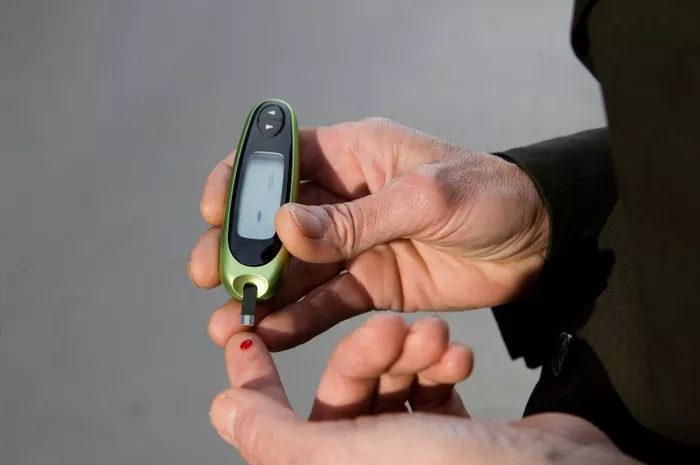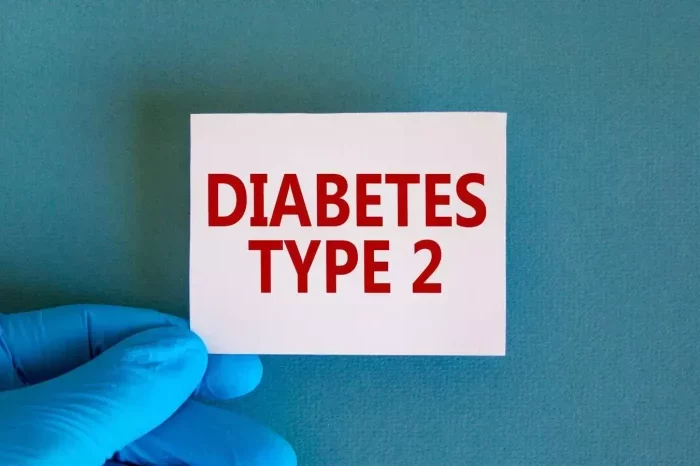Hyperglycemia, defined as elevated blood glucose levels, is commonly associated with diabetes mellitus. However, it’s essential to recognize that hyperglycemia can stem from a myriad of factors beyond diabetes. As a diabetes doctor, understanding these non-diabetes causes is crucial for accurate diagnosis and tailored treatment plans. This article delves into various conditions and situations that can lead to hyperglycemia, shedding light on lesser-known contributors.
Stress-Induced Hyperglycemia
Stress, whether physical or emotional, triggers the release of stress hormones like cortisol and adrenaline, which can elevate blood sugar levels. Acute stressors such as trauma, surgery, or severe illness can lead to transient hyperglycemia, even in individuals without diabetes. This stress-induced hyperglycemia typically resolves once the stressor diminishes. However, prolonged stress or chronic conditions like post-traumatic stress disorder (PTSD) can perpetuate elevated blood glucose levels, necessitating management strategies.
Medications and Substances
Several medications and substances, either prescribed or illicit, can induce hyperglycemia as a side effect. Glucocorticoids, used for conditions like asthma, rheumatoid arthritis, or inflammatory bowel disease, are notorious for their propensity to elevate blood sugar levels. Other medications such as certain antipsychotics, beta-blockers, and diuretics may also contribute to hyperglycemia, either by impairing insulin sensitivity or directly affecting glucose metabolism.
Moreover, substances like alcohol and certain recreational drugs can disrupt glucose regulation. Alcohol consumption, especially in excess, can lead to acute hyperglycemia by inhibiting gluconeogenesis and promoting glycogenolysis. Additionally, drugs like cocaine and methamphetamine can cause hyperglycemia through various mechanisms, including increased sympathetic activity and impaired insulin action.
Endocrine Disorders
Beyond diabetes, several endocrine disorders can manifest with hyperglycemia as a prominent feature. Cushing’s syndrome, characterized by excess cortisol production, can induce insulin resistance and promote gluconeogenesis, resulting in elevated blood glucose levels. Similarly, acromegaly, caused by excessive growth hormone secretion, can lead to insulin resistance and subsequent hyperglycemia.
Thyroid disorders, particularly hyperthyroidism, can also affect glucose metabolism. Thyroid hormones influence insulin sensitivity and glucose uptake in peripheral tissues, and uncontrolled hyperthyroidism may exacerbate insulin resistance, contributing to hyperglycemia.
Furthermore, adrenal disorders such as pheochromocytoma and aldosterone-secreting tumors can disrupt glucose homeostasis through various mechanisms, including catecholamine-induced insulin resistance and electrolyte imbalances.
Pancreatic Disorders
While diabetes mellitus primarily involves dysfunction of the pancreatic beta cells, other pancreatic disorders can also precipitate hyperglycemia. Chronic pancreatitis, characterized by inflammation and fibrosis of the pancreas, can impair both insulin secretion and glucose metabolism, leading to persistent hyperglycemia.
Pancreatic tumors, including insulinomas and glucagonomas, produce excessive amounts of insulin or glucagon, respectively, which disrupts glucose regulation. Insulinomas, albeit rare, cause hypoglycemic episodes due to hyperinsulinemia, followed by rebound hyperglycemia once the insulin effect wanes. Conversely, glucagonomas promote hepatic gluconeogenesis and glycogenolysis, resulting in elevated blood glucose levels.
Infections and Inflammatory Conditions
Systemic infections and inflammatory states can trigger hyperglycemia through various mechanisms. The release of pro-inflammatory cytokines such as interleukin-6 (IL-6) and tumor necrosis factor-alpha (TNF-α) during infections can impair insulin signaling pathways and promote gluconeogenesis, contributing to hyperglycemia.
Conditions like sepsis and severe bacterial infections can induce insulin resistance and increase hepatic glucose production, exacerbating hyperglycemia. Moreover, chronic inflammatory conditions such as rheumatoid arthritis and inflammatory bowel disease may also predispose individuals to elevated blood glucose levels, highlighting the intricate interplay between inflammation and glucose metabolism.
Renal Dysfunction
The kidneys play a crucial role in glucose homeostasis by reabsorbing filtered glucose through sodium-glucose co-transporters (SGLTs). Renal dysfunction, whether acute or chronic, can disrupt this process, leading to glucosuria and subsequent hyperglycemia. Acute kidney injury, often encountered in critical illness or following nephrotoxic insults, can impair renal glucose reabsorption and contribute to transient hyperglycemia.
Chronic kidney disease (CKD), characterized by progressive loss of renal function, poses a significant risk for hyperglycemia due to impaired glucose handling. In advanced CKD stages, decreased insulin clearance and altered insulin sensitivity further exacerbate glucose dysregulation, necessitating meticulous glycemic control strategies.
Nutritional Factors
Dietary choices and nutritional imbalances can influence blood glucose levels independent of diabetes. Excessive carbohydrate intake, especially from refined sugars and processed foods, can lead to rapid spikes in blood glucose levels, followed by subsequent crashes and rebound hyperglycemia.
Moreover, inadequate dietary fiber intake and micronutrient deficiencies, such as chromium and magnesium, may impair insulin sensitivity and exacerbate hyperglycemia. Alcohol consumption, particularly in the absence of food or in excessive amounts, can also disrupt glucose metabolism and contribute to transient hyperglycemia.
Sleep Disorders
Emerging evidence suggests a bidirectional relationship between sleep disturbances and glucose metabolism. Sleep deprivation, whether acute or chronic, can impair insulin sensitivity and glucose tolerance, predisposing individuals to hyperglycemia. Disrupted sleep patterns, such as shift work or sleep apnea, have been associated with insulin resistance and elevated fasting glucose levels.
Furthermore, untreated sleep disorders like obstructive sleep apnea (OSA) can exacerbate insulin resistance through intermittent hypoxia and sympathetic activation. Addressing sleep disturbances is thus paramount in managing hyperglycemia and optimizing metabolic health.
Conclusion
Hyperglycemia, though commonly associated with diabetes mellitus, can stem from a plethora of non-diabetes causes. Understanding these underlying factors is crucial for clinicians to formulate accurate diagnoses and implement tailored management strategies. By delineating the diverse etiologies of hyperglycemia, healthcare providers can optimize patient care and improve outcomes beyond the confines of diabetes management alone.
Related topics:
Why Does Hyperglycemia Increase Heart Rate

























